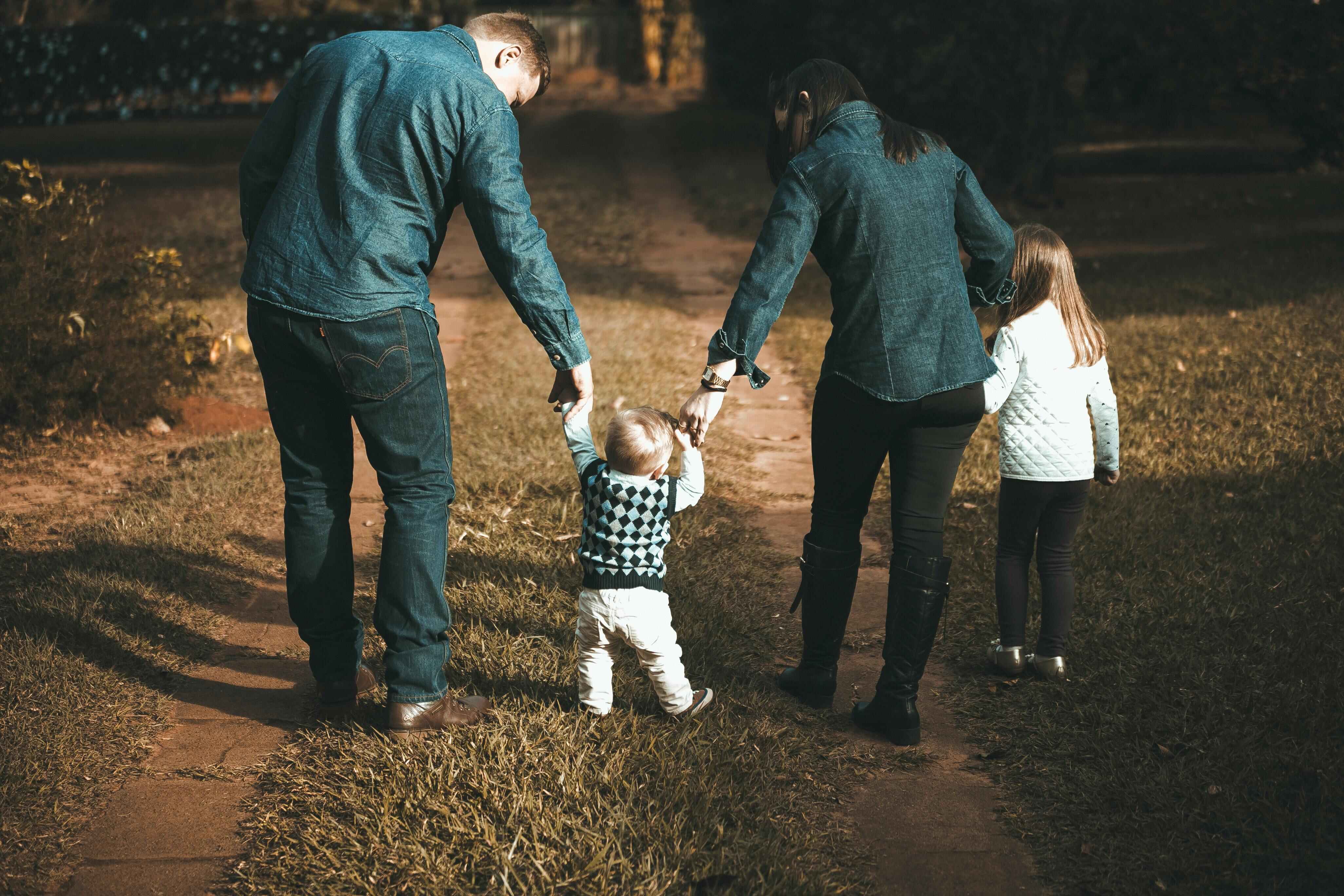As more and more women give birth at advanced age, it’s easy to get the notion that delaying your pregnancy is no big deal. This couldn’t be further from the truth. The chances of pregnancy after 40 (without an egg donation) drop off sharply. Prof. Shlomo Mashiach from Israel’s Assuta Hospital explains why.
Only a couple of months ago a number of media outlets reported about a 64-year-old woman who gave birth to twins. What doesn’t usually make the headlines when stories of this kind break, is that in virtually every such case the baby (or, as it was in this case, babies) was conceived using donor eggs.
Many women just assume that they will remain fertile until menopause, so they tend to delay getting pregnant, convinced that when they do try, everything will come easily and naturally. Sadly, that is not the case. As many fertility experts will testify, age is the number one factor in determining a woman’s chances of getting pregnant.
Oocyte Reserve and Age
Women enter puberty with around half a million oocytes stored in their ovaries, but only around 100,000 remain at 25. That number further drops to just 10,000 by age 40. At this stage the decrease in both egg quantity and quality becomes even more drastic. The odds of a natural pregnancy after 40 are low. By 45 the vast majority of women will have become incapable of conceiving naturally. The only way to “stop the biological sand-clock” is through freezing eggs or embryos at an earlier age as a means of preserving fertility for later in life.
Most of the women who delay pregnancy until their mid-forties risk finding themselves requiring IVF treatments. Unfortunately, some will go through many cycles without success. It is not uncommon to see patients continually undergo fertility treatments for years, only to be told they have to consider alternative options. In hindsight they realise that they shouldn’t have waited for so long. Unfortunately, at that stage they won’t be able to do anything about it.

















